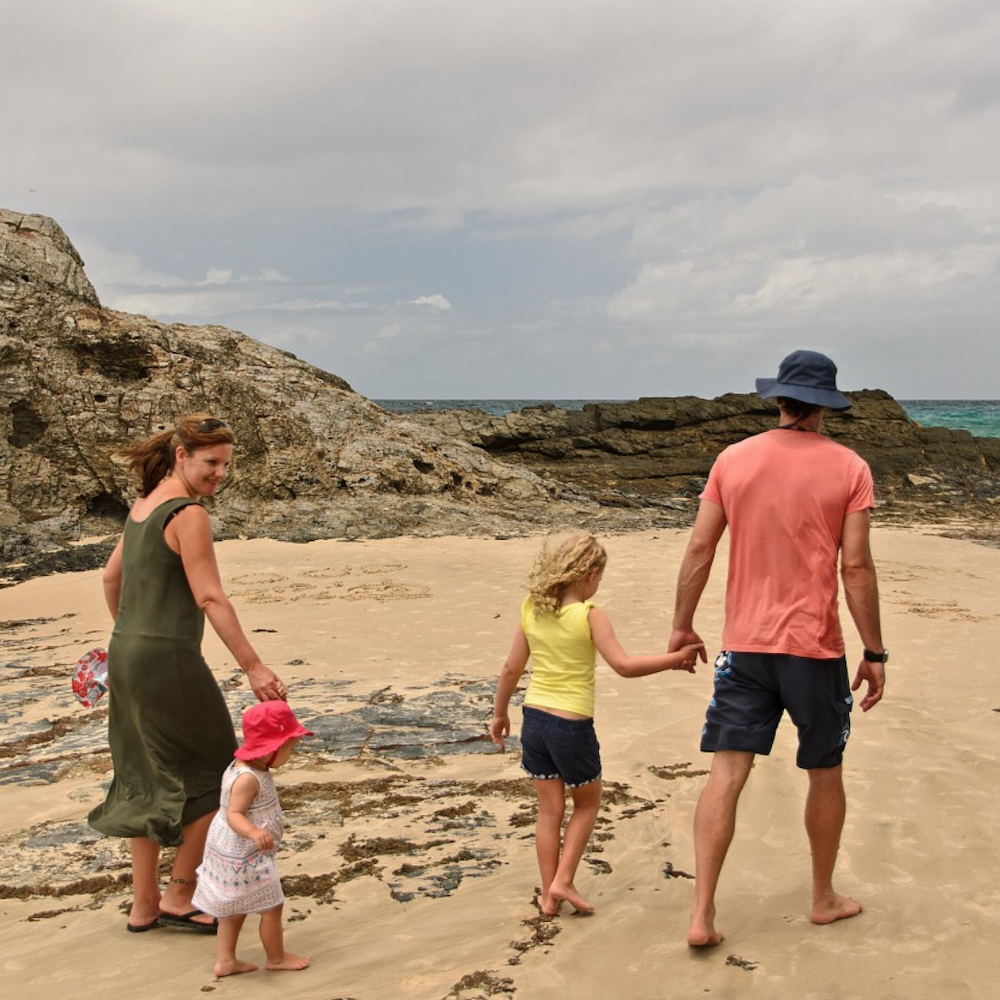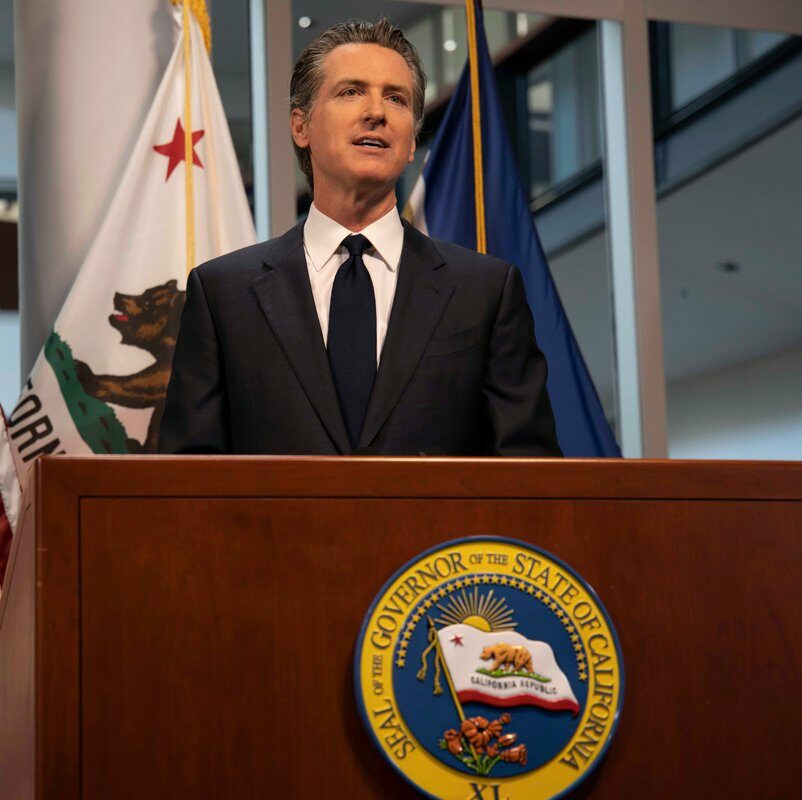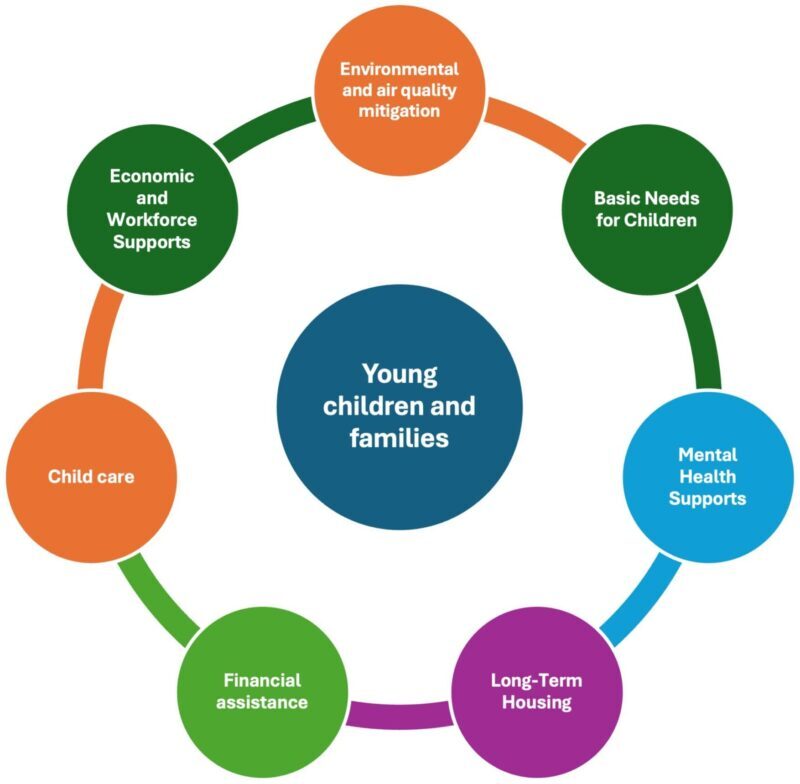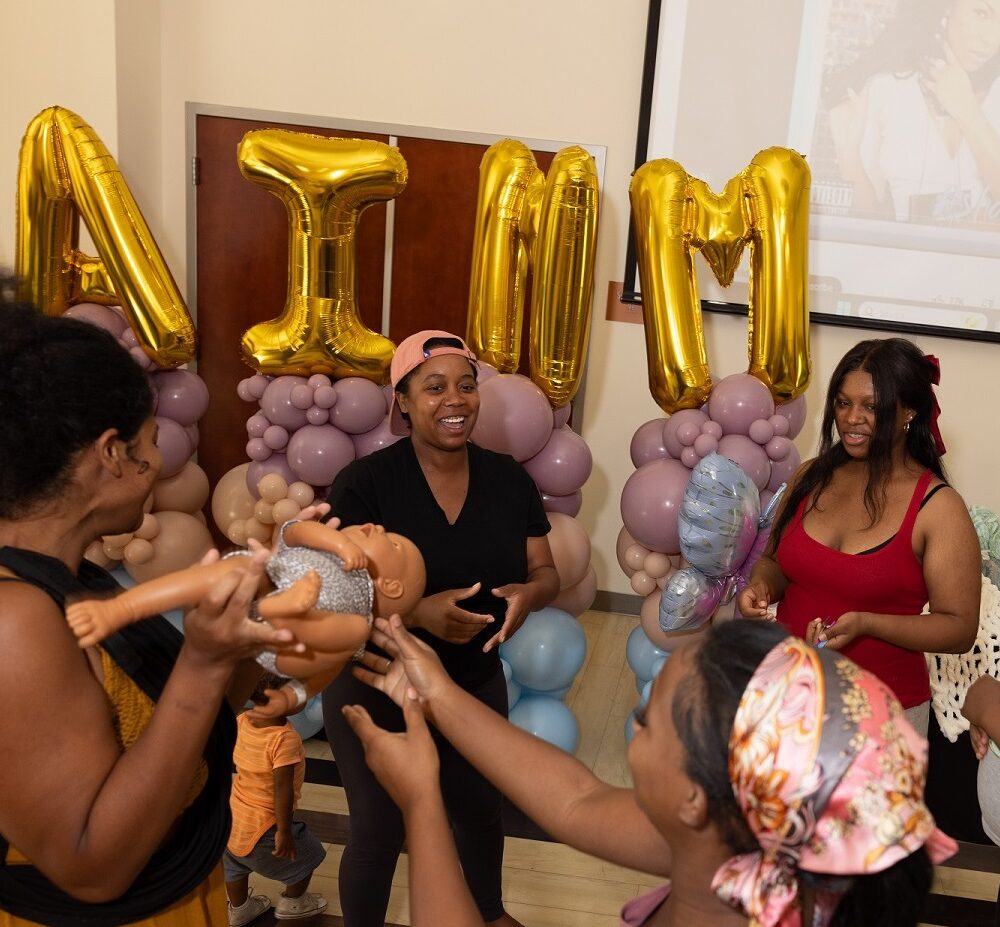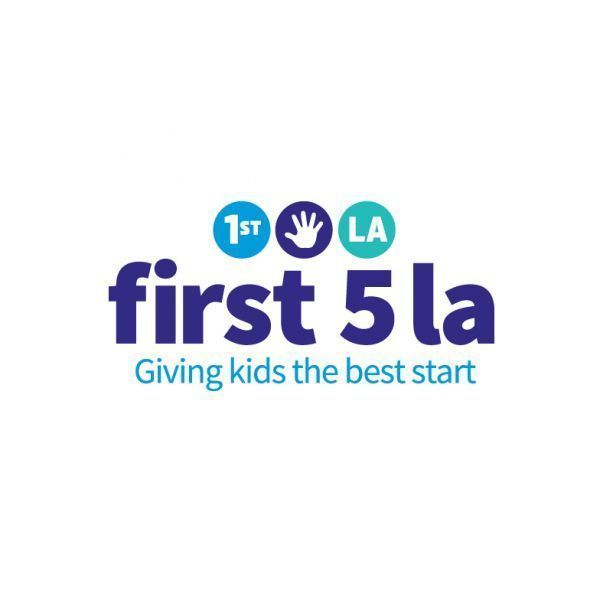There’s no doubt that the pandemic has upended family life across the globe, with many scrambling to find ways to keep their families healthy and stable despite job loss, new roles, death, and more. But amid the tumult, some are reflecting on what is being gained now that the “old way” of living is no longer an option. As the routine of family life is shaken, what good is emerging?
The primary theme, which journalists started writing about very soon into the pandemic, is family togetherness. With families now working and learning in close quarters, they are gaining new insights into each other’s lives and forging new connections that might otherwise be lost to the everyday hustle of commutes and extracurricular activities.
One author even said the pandemic has made parenting easier. “Something in the air is making a time that should be anxious, monotonous, and frustrating somehow pleasant, and even meaningful,” mused the author who was in lockdown with his family in London. A Washington Post story pointed out that kids whose parents are working from home are getting new insight into what their parents do for work — a valuable lesson usually relegated to “take your child to work day.”
 Families are also discovering new activities. Forbes reported that camping has become the go-to vacation activity for many families during the pandemic, with some learning how to camp for the first time. One reporter talked about her “family dance party” moving from once a week to nightly to relieve the stress of the day.
Families are also discovering new activities. Forbes reported that camping has become the go-to vacation activity for many families during the pandemic, with some learning how to camp for the first time. One reporter talked about her “family dance party” moving from once a week to nightly to relieve the stress of the day.
Another interesting learning for parents and policymakers alike is that some children are flourishing without the stress and strain of a rigid school schedule. Early childhood educator Erika Christakis, author of The Importance of Being Little, wrote in The Atlantic that the pandemic offers a rare opportunity for parents, educators, and policymakers to completely rethink early education. “We could replace the standard playbook with a new one … that values instead the broadest definition of learning,” says Christakis.
It’s important to note that not all families are able to enjoy the silver linings, as those who have lost all sources of income are focused on keeping a roof over their family’s head and may not have any space to muse on the positives. Still, even those who maintain a partial income from paid leave or unemployment insurance have been able to deepen family relationships. Jakie Mader of The Hechinger Report covered a new study that showed how families appreciate this unprecedented time together, even if their income has been reduced.
To help us remain grateful and positive through the holidays, we have compiled a short list of these silver lining stories to lift spirits and help us keep focused on what we can gain during this challenging time. We hope you find this library helpful as we move through the holidays together.
Family Connections Deepen
Forbes: Cooped Up With Your Kids? Closeness Both Creates And Relieves Stress.
We are all feeling profound stress during the coronavirus outbreak. But parents feel that stress in a particular way because they are stuck at home in close quarters with their children. (Escalante, 4/8/20)
Axios: Coronavirus reshapes American families
For the first time since the early 19th century, many parents and kids — and even grandchildren — are all under the same roof round-the-clock. And if past periods of emergency are any guide, this enforced togetherness could deepen our relationships for years to come. (Pandey, 4/4/20)
The Atlantic: Being a Parent Has Made My Pandemic Life Simpler, If You Can Believe It
Perhaps it’s the strange effect of being forced to slow down, to spend all of one’s time outside work pootling and pottering rather than actually doing things and seeing people. (McTague, 5/4/20)
USA Today: The pandemic offers mothers something they will never have again
This Mother’s Day, it’s easy to see what the pandemic has taken. It’s harder to spot the gift it offers, because we have to cut through the exhaustion, the tantrums, the sibling battles and the homeschooling to receive it. (Dastagir, 5/9/20)
The New York Times: For Grandparents, Filling In for Child Care Can Be ‘Wonderful and Exhausting’
As schools and day cares remain closed, some grandparents have become primary caretakers. (Blum, 5/12/20)
The Washington Post: Fear, joy, grief, gratitude: The whiplash of parenting during existential chaos
On an unseasonably warm day in late March, in the early weeks of pandemic-induced social isolation, Sarah Reza decided to turn off her computer at 5 o’clock sharp. (Gibson, 5/21/20)
The New York Times: How Quarantine Has Brought My Family Closer Together
With no weekend sports, volunteering or church obligations, our family connections are flourishing. (Edwards, 5/27/20)
Under various shelter-at-home orders, every day is now Take Your Child to Work Day as millions of parents are working alongside remote-schooling children. (Parker, 5/28/20)
Scientific American: One Upside of COVID-19: Kids Are Spending More Time with Dads
Among the benefits are more resilience and better emotional health. (Levs, 6/18/20)
The New York Times: When Parents Lose Their Jobs, Their Children Also Suffer. But Sometimes There’s a Consolation.
The sudden increase of time with their children has reminded some low-income parents of what they have been missing. “It’s an odd silver lining, but it’s there,” says Jane Waldfogel, a professor at the Columbia School of Social Work. (DeParle, 10/31/20)
The Hechinger Report: Money can lead to better pandemic parenting, study finds
New report finds some positive news about parent-child interactions amidst Covid-19. (Mader, 11/12/20)
Discovering New Activities
Forbes: New To Family Camping? This Online Community Can Teach You Everything You Need To Know
One of the silver linings of the 2020 COVID-19 pandemic is that it has pushed and “inspired” more people to recreate in nature. (McGough, 8/25/20)
CNN: The power of family dance parties when the world is falling apart
It took us about three days of social distancing before we decided to permanently relocate our coffee table to the corner. (Strauss, 4/8/20)
The New York Times: My 4-Year-Old Thinks She’s a Sous Chef. I’m Trying to Remain Calm.
On trying to shape a happy childhood out of hard times. (Bruenig, 4/28/20)
Shaking Up School Schedules: Less Tension, More Freedom
Quartz: To the millions of parents who didn’t choose to homeschool: This is a unique opportunity
A staggering 1.4 billion children around the world are now at home instead of school, and will remain there until the danger of coronavirus eases in their respective countries. (Werber, 4/3/20)
Futurity: Stuck at home: It’s OK if kids get bored
The closing of daycare centers and schools has sent parents nationwide into a mad scramble to teach their children at home, often while juggling work obligations remotely. (4/6/20)
The Washington Post: Why a lockdown is a great time to embrace ‘free-range parenting’
This email from a friend said it all. With so many schools closed, playgrounds off-limits and parents working at home — or wishing they were working — we really are in four-question-mark territory these days. (Skenazy, 4/9/20)
The Washington Post: The unexpected gift of stay-at-home orders: Time for kids to sleep and think and just be
When my kids left school in early March for spring break, they were told to prepare for what might be remote learning when school resumed. (Schaaff, 6/9/20)
The Atlantic: What My Kids Learned When They Weren’t in School
This time since school was canceled—since life was canceled—has given them an education they couldn’t have gotten any other way. (Bures, 7/22/20)
The New York Times: What if Some Kids Are Better Off at Home?
For parents like me, the pandemic has come with a revelation: For our children, school was torture. (Schroeder, 8/10/20)
The Atlantic: School Wasn’t So Great Before COVID, Either
Yes, remote schooling has been a misery—but it’s offering a rare chance to rethink early education entirely. (Christakis, 11/9/20)
